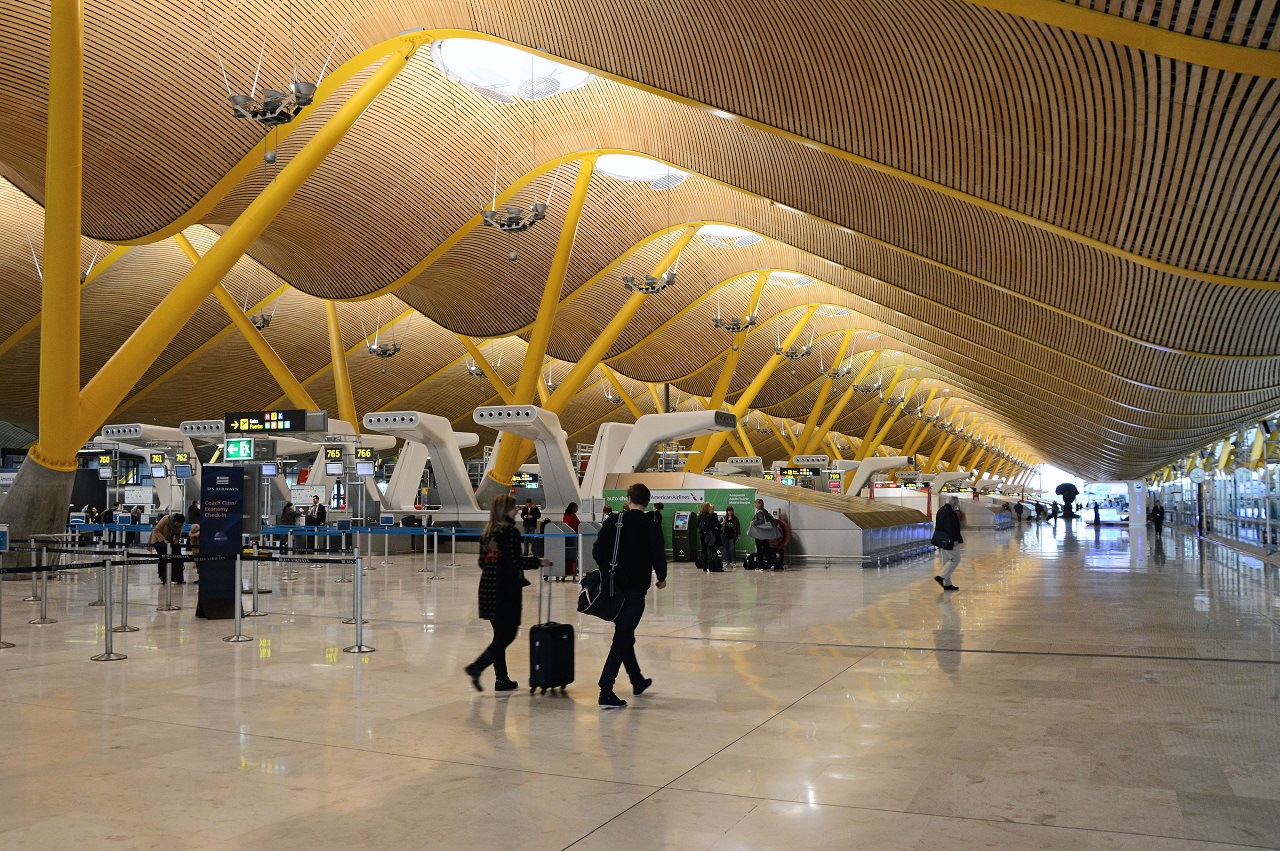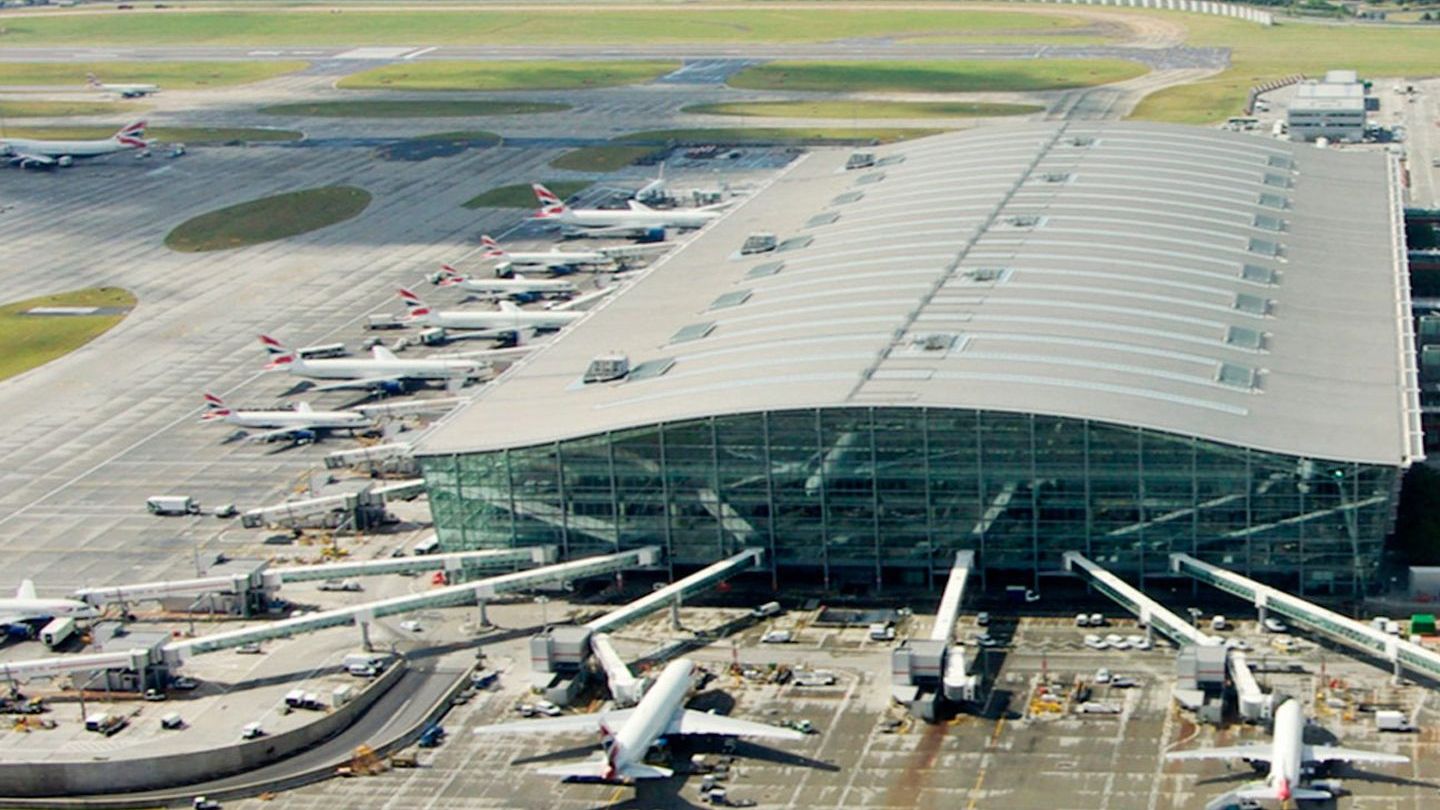Airports Council International Report: 6,000 European Routes Were Lost in 2020
The ACI -Airports Council International- issued an assessment of what was the air movement in the terminals of the European Union and the United Kingdom. To no surprise, the report confirmed it was one of the worst years in the history of the commercial airline industry.
In April the trend seemed irreversible and the subsequent recovery did not seem to satisfy the commercial aviation sector. In the boreal summer season, the average comparison of the airports was 55 percent less for the month of August and a negative 62 percent in September, both compared to 2019.

The interannual drops in air connectivity stand out in September for Madrid-Barajas airport (-71%), Rome-Fiumicino (-70%), Munich and London-Heathrow (-68%), and Frankfurt (-67%). Another consideration is that the hubs suffered severe blows ranging from 80 to more than 90 percent less than the previous year. However, the Turkish and Russian markets did not have the same effect. Despite negative balances, they were not comparable to the aforementioned airports. For example, in Istanbul-Sabiha Gökçen, a third of its connectivity was lost and Moscow-Domodedovo had a decrease of 12 percent.

Olivier Jankovec, General Director of ACI Europe stated: «The damage is so systemic that relying solely on market forces to restore air connectivity would not be realistic. The EU and governments across Europe must urgently intervene to help jump-start it. We need a Recovery Framework for aviation that includes ‘Air Connectivity Restart Schemes’ similar to that seen in Cyprus – with temporary financial contributions aimed at supporting the restart of air routes on a non-discriminatory basis.»
«Air connectivity is an essential part of the productive capacity of our societies, with every 10% increase in direct air connectivity delivering a 0.5% increase in GDP per capita. It is what holds Europe together, by enabling local economic development, inward investment and tourism. We will not build back and recover without restoring air connectivity.» he concluded.

/https://aviacionlinecdn.eleco.com.ar/media/2020/12/ndpsWBIpixLrYzhjJsiXagXrkmvwPigAgQYHgkKcbNsWYJOtJlNpXuNTDUXZkEmf.jpg)
Para comentar, debés estar registradoPor favor, iniciá sesión